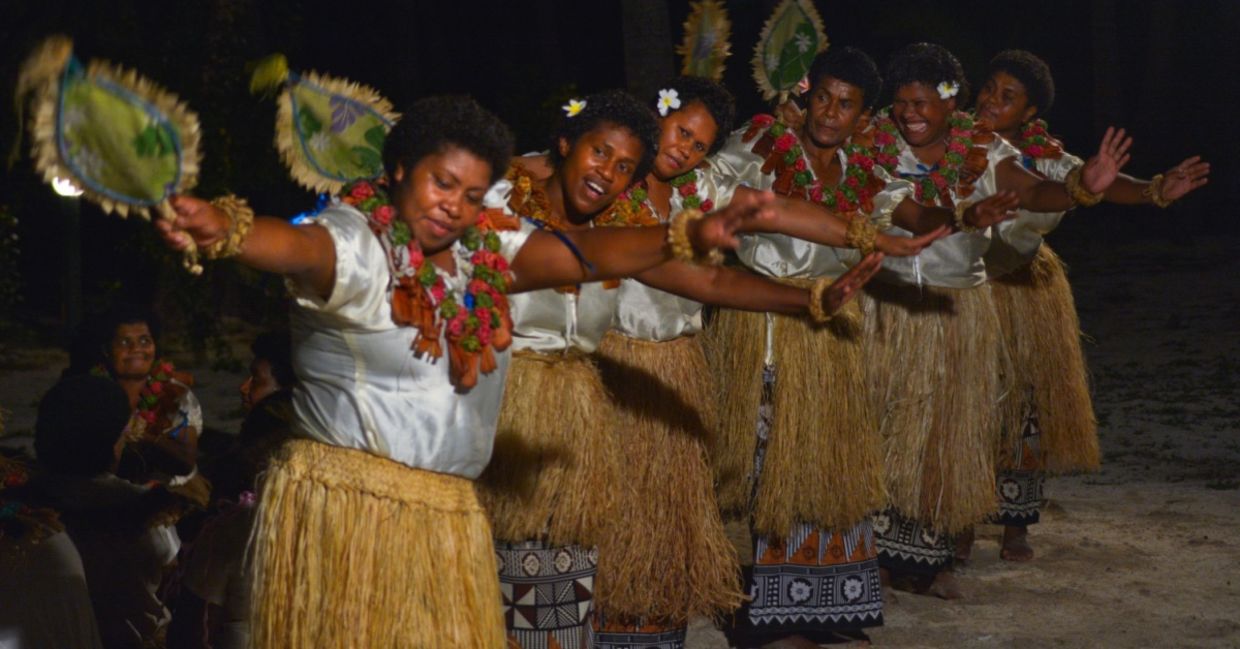
(ChameleonsEye / Shutterstock.com)
Even as suicide rates around the world have been dropping in recent years, they have been rising for at least one demographic group, both inside and outside of the United States: Pacific Islanders, which is a U.S. Census term that refers to people of Fijian, Guamanian, Hawaiian, Northern Mariana Islander, Palauan, Samoan, Tahitian, and Tongan origins.
Why? That’s what a recent study aimed to explore. Previous research has tended to group Pacific Islanders with Asian Americans. For their study, Elizabeth Cutrer-Párraga and her colleagues zeroed in on the barriers to Pacific Islanders seeking mental health care.
They recruited 32 individuals, ranging from 14 to 71 years old, who identified as Pacific Islander and were living in the United States. The participants were placed in small focus groups with Pacific Islander facilitators, who prompted discussions through planned questioning. The findings yielded three overarching themes.
Destigmatizing mental health support
One shared narrative was the influence of Pacific Islander collectivist culture on individuals’ decisions regarding mental health treatment. Mental illness remains highly stigmatized among Pacific Islanders, and participants expressed worry that the individual seeking out mental health support would reflect poorly on their families and be seen as self-serving. Going to therapy, for example, could create a financial burden or “family shame.”
This sense of shame especially applies to the men in the community, says Cutrer-Párraga. “So many of them say, for example, ‘I’m the man and I’m supposed to take care of the family. If it gets out that I’m going to therapy, nobody’s going to come to me for advice or help.’”
Another thread involved the clash between certain cultural beliefs and the notion of mental health care at all. Participants shared that the need for mental health care often went unacknowledged or was deemed unnecessary. If there was a problem, they were expected to turn to religion, family, or the “warrior mentality.”
Cutrer-Párraga says that a sentiment she heard over and over was that “therapy and mental health stuff, that’s a white-people problem. We don’t need that, we’re a warrior culture.” Otherwise, they were expected to solve personal problems within their families (“You just need to eat more taro”) or through religion (“Just pray and everything will be OK”).
Across all the focus groups, participants expressed a general wariness toward the mental health care system, viewing all therapists, including those who are Pacific Islanders, with skepticism.
On the one hand, said many participants, a Pacific Islander therapist may be biased or unsympathetic toward a fellow Pacific Islander, or betray confidentiality. As one person said, “The community is too small and everybody would know.” A white or out-of-culture therapist, on the other hand, may lack the cultural competence necessary to contextualize and understand the struggles of Pacific Islanders.
Participants generally expressed lack of confidence in navigating the systems of mental health care, feeling uncertain about different avenues of treatment, insurance coverage, and cultural sensitivity, among other concerns.
The upshot for mental health professionals, suggest the authors, is that practitioners need to understand how cultural factors—including religiosity, collectivism, and race-related experiences of discrimination and acculturation—shape how Pacific Islanders seek, access, and engage in mental health services.
Preventative mental health care is also essential. For another study Cutrer-Párraga was a part of, Pacific Islanders were asked, “When someone in your family or a friend needs mental health support, what happens next?” By far the most common answers they received were “the ER” and “psychiatric stay.” Interventional support is needed well before mental illness reaches that level of crisis.
Increasing awareness through community outreach
Behind what Cutrer-Párraga calls a “suicide epidemic” in Pacific Islander communities, there’s a stark disparity between the prevalence of mental health concerns and utilization of mental health services, with a much lower help-seeking rate compared to other Americans.
Cutrer-Párraga hopes these findings will find their way to Pacific Islander community leaders, arguing that religious leaders, educators, and counselors all can play a role in community outreach by raising awareness of mental health and destigmatizing treatment. She hopes these findings can help illuminate a topic that has long been taboo among Pacific Islanders.
At a presentation of the study’s raw findings before publication, she says, many Pacific Islanders in the audience had emotional responses to the data. “They were in tears and one said, ‘I wish I had known this when I was young; it would have helped with so much suffering that we went through.’”
YOU MIGHT ALSO LIKE:
The Island of Niue Becomes the First Dark Sky Country
Lessons From Jamaica About Happiness
The Do-Nation Foundation Spreading Kindness in Saint Lucia







